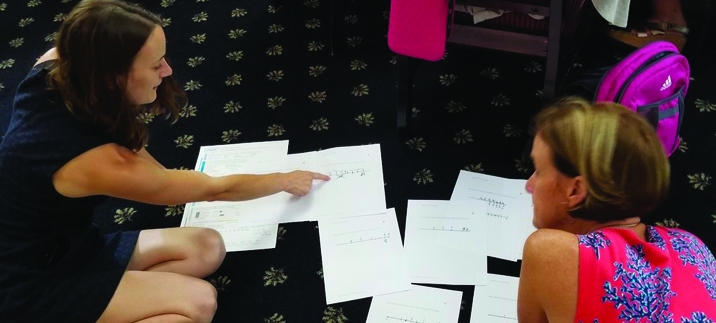Publications
Pathways for Analyzing and Responding to Student Work for Formative Assessment
Working Paper
Pathways for Analyzing and Responding to Student Work for Formative Assessment

This study explored how teachers interpreted and responded to their own student work during the process of formative assessment. The study involved a purposefully selected sample of 32 teachers in grades K-5 who had been trained by the Ongoing Assessment Project (OGAP) to use learning progressions to analyze and respond to evidence in student work. Since formative assessment is fundamentally an interpretive process, involving continually eliciting and interpreting evidence of student thinking from student work in order to inform teaching and learning (Black & Wiliam, 2009), the study analyzed data collected through semi-structured interviews.
The study found variations in the way teachers make sense of their student work for formative assessment that were related to their underlying goals for student learning. Teachers with an achievement orientation tended to focus on performance goals: giving formative assessment items to gauge student performance on problems that reflected what had recently been taught and focused on singular or multiple components of performance to make a binary judgment (i.e. students who “get it or don’t get it”). Teachers with a learning orientation gave items to learn more about what students were able to do on different types of problems and focused on student strategies as an indicator of underlying understanding and development. These orientations also had implications for the instructional response teachers developed; as teachers looked beyond surface features of student work and binary distinctions, they developed more differentiated responses that built on students’ knowledge and their ability to develop more sophisticated understanding. In between these two extremes, we found three categories of hybrid approaches to formative assessment, demonstrating a push-and-pull between achievement and learning orientations at different decision points during the steps of the formative assessment process. Those decision points – the teachers’ purpose in giving an item, the evidence focused on, the interpretive framework used to analyze the evidence, and the focus of the instructional responses – offer multiple footholds in the formative assessment process where teachers can begin to try out new approaches that reflect a shift in orientation to student learning.
The study shows that using formative assessment is not simply a matter of taking up new practices and using new tools. The variations in understanding and use of the ideas that were offered in professional development, as reflected in teachers’ actual practices, suggests that it is important to provide opportunities for sustained learning and supported use over time.



